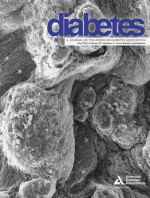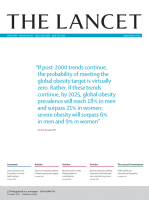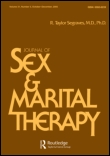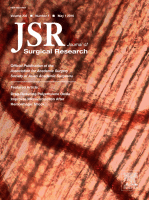
A paper linking the fecal microbiome to obesity has been retracted after it became clear that one of the co-authors faked some of the data.
The 2014 paper in Diabetes — which found that rats given fecal transplants from obese mice were more likely to become obese themselves if given a particular diet — was pulled after after an institutional investigation found a co-author guilty of falsifying data underlying one figure and fabricating the data of two others.
Co-author Yassine Sakar — formerly based at the French National Institute of Agronomic Research (INRA) in Paris, France — was found responsible for the misconduct. But an official from the institution said that some responsibility must also be shared by the corresponding author Mihai Covosa, who has since resigned from the institution.
Here’s the retraction notice: Continue reading Paper linking fecal transplants to obesity in rats retracted for faked data
 A former postdoc at the University of Pittsburgh has admitted to committing research misconduct in published papers and in National Institutes of Health (NIH) grant applications.
A former postdoc at the University of Pittsburgh has admitted to committing research misconduct in published papers and in National Institutes of Health (NIH) grant applications.


 A team of biologists have earned a fifth retraction for a paper containing manipulated images, following an investigation by the Swedish government.
A team of biologists have earned a fifth retraction for a paper containing manipulated images, following an investigation by the Swedish government.
 Surgeon Paolo Macchiarini did not apply for the necessary ethics approval to perform the pioneering transplants he’s known for, according to the Swedish Research Council.
Surgeon Paolo Macchiarini did not apply for the necessary ethics approval to perform the pioneering transplants he’s known for, according to the Swedish Research Council.

